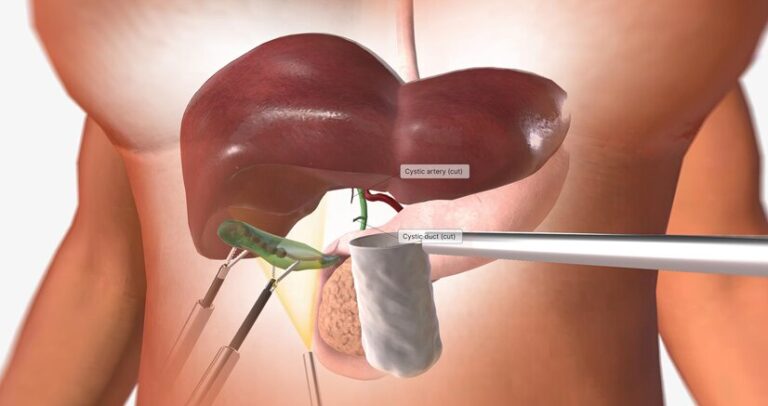Circumcision And Sexual Health: Exploring The Research
Circumcision, the surgical removal of the foreskin covering the tip of the penis, has been a topic of debate for decades, particularly concerning its effects on sexual health. While the procedure is often performed for religious, cultural, or medical reasons, its potential impact on sexual function, sensation, and transmission of sexually transmitted infections (STIs) has sparked considerable research and discussion. This article delves into the scientific literature to explore the relationship between circumcision and sexual health.
Understanding Circumcision: Procedure and Rationale
Circumcision is one of the oldest surgical procedures known to humanity, with origins dating back thousands of years. It involves the removal of the foreskin, a retractable fold of skin that covers the glans (head) of the penis. The procedure can be performed for various reasons, including religious or cultural traditions, personal preference, and medical indications such as phimosis (tight foreskin) or recurrent infections.
The Debate Surrounding Circumcision and Sexual Function
One of the central debates surrounding circumcision revolves around its potential impact on sexual function and satisfaction. Some proponents argue that circumcision may reduce the risk of certain STIs, improve genital hygiene, and enhance sexual pleasure. Conversely, critics raise concerns about the potential loss of penile sensitivity, changes in sexual sensation, and adverse effects on sexual satisfaction.
Research on Circumcision and STI Prevention
Numerous studies have investigated the relationship between circumcision and the transmission of STIs, particularly HIV. Research conducted in regions with high HIV prevalence, such as sub-Saharan Africa, has found compelling evidence that circumcision reduces the risk of HIV acquisition among heterosexual men. The removal of the foreskin may decrease the likelihood of HIV transmission by reducing the surface area of mucosal tissue susceptible to infection and by removing target cells for viral entry.
Additionally, circumcision has been associated with a reduced risk of other STIs, including herpes simplex virus (HSV), human papillomavirus (HPV), and syphilis. The protective effect of circumcision against these infections is thought to result from decreased genital mucosal surface area, improved genital hygiene, and alterations in the penile microbiome.
Impact on Sexual Sensation and Satisfaction
While circumcision has been linked to reduced sensitivity of the penis due to the removal of specialized nerve endings in the foreskin, the extent to which this affects sexual pleasure and satisfaction remains a topic of debate. Some studies have reported decreased penile sensitivity and sexual function following circumcision, while others have found no significant differences in sexual outcomes between circumcised and uncircumcised men.
Individual experiences of sexual pleasure and satisfaction are multifaceted and influenced by various factors beyond circumcision status, including psychological, relational, and cultural factors. While some men may report changes in sexual sensation or function following circumcision, others may perceive no difference or even improvements in sexual experiences.
Ethical Considerations and Informed Decision-Making
The decision to undergo circumcision, whether for religious, cultural, or medical reasons, should be made in an informed and autonomous manner. Healthcare providers play a crucial role in educating individuals and parents about the potential benefits, risks, and alternatives to circumcision. Informed decision-making requires consideration of individual preferences, values, and cultural beliefs, as well as respect for bodily autonomy and consent.
Conclusion: Navigating the Complexities of Circumcision and Sexual Health
Circumcision remains a complex and controversial topic with implications for sexual health, public health, and human rights. While research suggests the potential benefits of circumcision in reducing the risk of certain STIs, including HIV, its impact on sexual sensation and satisfaction is less clear-cut and may vary among individuals. In navigating discussions surrounding circumcision, it is essential to consider the diverse perspectives, experiences, and values of individuals and communities, while prioritizing informed decision-making, respect for autonomy, and the promotion of sexual health and well-being.







